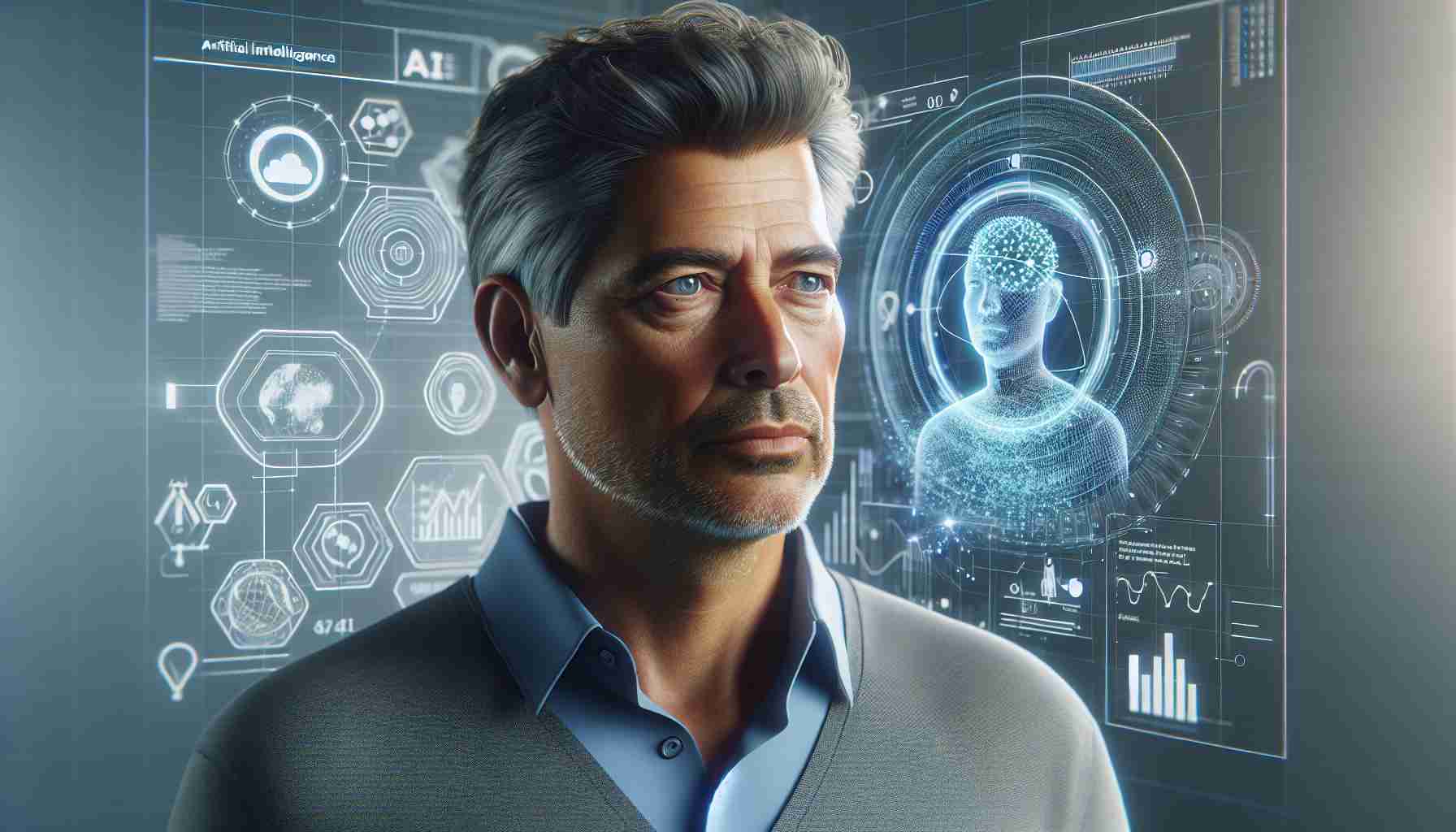In a recent exploration of technological frontiers, Bill Gates offers his perspectives on how artificial intelligence (AI) is set to revolutionize the way we work. Distinguishing himself as a key voice in technology, Gates, the celebrated co-founder of Microsoft, posits in his blog that AI will become a dominant force in the near future. However, amidst widespread concern over the potential job displacement due to AI advancements, Gates acknowledges that certain professions may remain largely insulated from this seismic shift.
Gates emphasizes that a trifecta of jobs will likely endure the AI surge. The list includes roles in energy sector management, biological research and innovation, as well as careers specifically tailored to designing and overseeing AI systems. These domains, according to Gates, possess intrinsic complexities and dependencies on human expertise and creativity that AI cannot fully supplant.
While the discourse on AI’s influence on employment typically leans towards apprehension, Gates offers a nuanced stance. He views AI as an opportunity for augmentation rather than mere replacement, suggesting that it can act as an assistive tool in various fields, enhancing efficiency and productivity.
Despite Gates’ optimism, the looming transformation has ignited significant discourse, as exemplified by the International Monetary Forum’s projection that by 2025, 60% of current jobs will be altered by AI to some degree. The exact ramifications of this technological tidal wave remain a topic of intense debate and analysis, with Gates’ insights contributing to a broader conversation on our future in an increasingly AI-centric world.
In the discourse of technological advancement, the role of artificial intelligence (AI) has become a central theme. Building on Bill Gates’ insights, it’s clear that AI is on track to significantly influence numerous industries and professions, leading to major societal and economic changes across the globe.
Regarding the industry, the AI market is booming and is expected to continue its exponential growth. Market research by Fortune Business Insights predicts that the global AI market could reach USD 267 billion by 2027, expanding at a compound annual growth rate (CAGR) of 33.2% from 2020 to 2027. This growth is fueled by the integration of AI across various sectors, from healthcare to automotive, and from finance to entertainment.
The energy sector, one of the areas Gates mentions as poised to withstand the AI surge, is seeing advancements in smart grid technology, sustainable energy management systems, and predictive maintenance models. In these applications, AI is used to optimize energy distribution, forecast demand, and maintain equipment, whilst humans are needed to strategize, make high-level decisions, and manage regulatory concerns.
In the realm of biological research and innovation, AI assists in drug discovery, genetic research, and predictive diagnostics, but it is the researchers, scientists, and professionals who provide critical oversight and direct the course of new innovations. AI accelerates the data analysis process and suggests new avenues for exploration that would be almost impossible to achieve with human capabilities alone.
The necessity of designing and maintaining advanced AI systems also creates a demand for a highly specialized workforce. Whether it’s AI ethics, data security, or system design, human professionals play an integral role in ensuring that AI operates within desirable parameters and contributes positively to society.
Despite these optimistic forecasts, the integration of AI also presents issues such as job displacement, ethical concerns regarding decision-making by AI, and the need for substantial retraining of the workforce. Organizations like the World Economic Forum are actively examining these challenges and suggest that while some jobs may be replaced, new ones will emerge in conjunction with evolving technology.
Considering the potential impact of AI on the labor market, stakeholders including governments, educational institutions, and businesses will need to implement robust strategies for workforce re-skilling and education reform to prepare for an AI-centric future.
For readers interested in the broader economic and societal implications of AI, as well as current market analyses and forecasting, they can explore the insights offered by the World Economic Forum at weforum.org or stay updated with the latest AI industry news and trends through sites like fortunebusinessinsights.com.
With AI’s trajectory aligning with Gates’ perspectives, it is undeniable that we are on the cusp of a technological revolution that promises to redefine industries and employment paradigms across the board.

